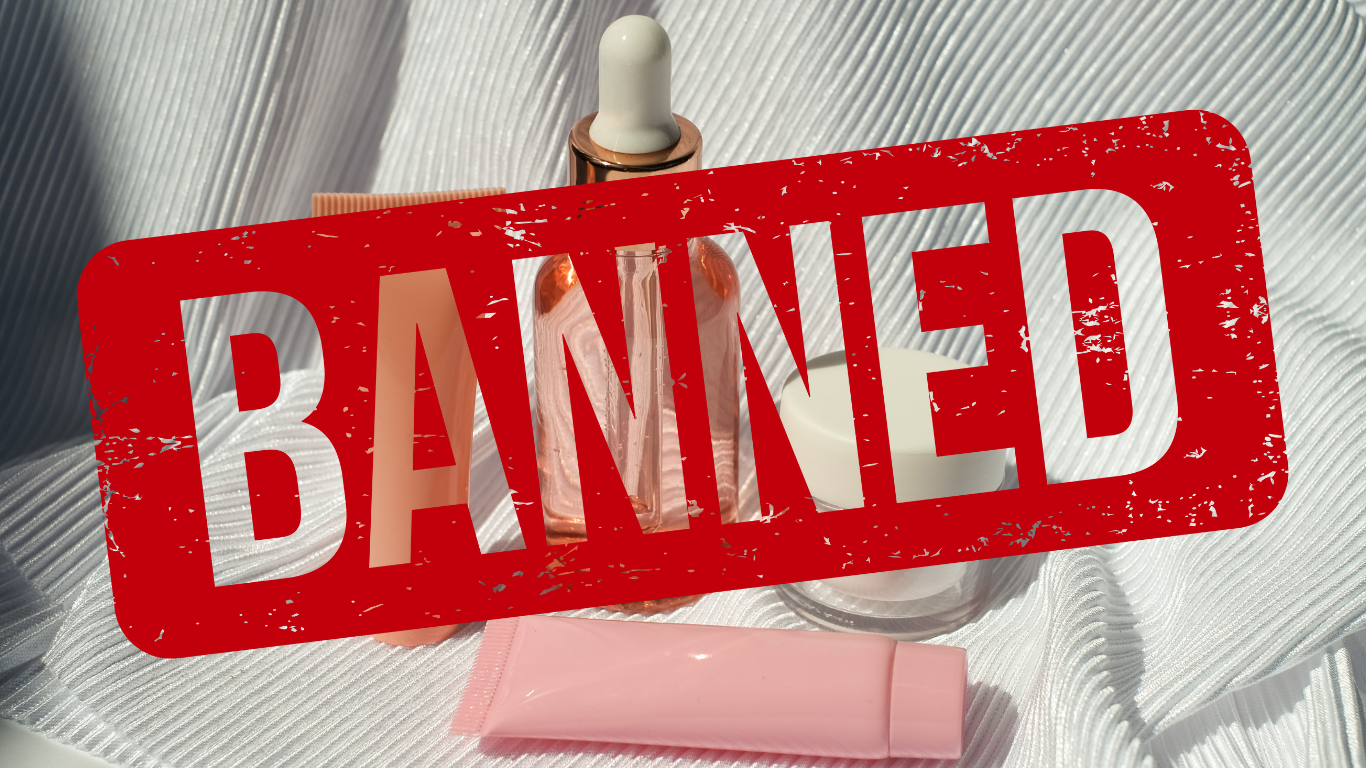Malaysia’s ongoing struggle to eliminate mercury-laden skincare products highlights critical gaps in enforcement, consumer awareness, and the regulation of online marketplaces. Despite bans and warnings from the Ministry of Health (MOH), these harmful products remain widely available, posing serious health risks.
The Problem: Banned Products Still Circulating
- Mercury-Laced Products: Skincare items such as Pinkkiss Beauty creams have been banned for containing mercury and other harmful chemicals, yet they are still marketed online as “chemical-free” and “MOH-approved,” misleading consumers3.
- Widespread Violations: Other brands, including multiple companies have also been implicated in selling products with banned substances. Nearly 15.4% of tested skin whitening products exceeded the legal mercury concentration limit of 1 ppm17.
Why Consumers Are Still at Risk
- Low Public Awareness:
- Many consumers are unaware of the dangers of mercury in cosmetics. Misleading labels like “natural” or “organic” further obscure the risks4.
- Enforcement:
- Malaysian law imposes fines and jail time for violators, but enforcement is often reactive. Harmful products reach consumers before authorities can act3.
- Online Marketplaces:
- E-commerce platforms and social media make it easy for sellers to rebrand or shift platforms to evade detection3.
- Demand for Quick Results:
Health Risks of Mercury in Skincare
Mercury exposure through cosmetics can lead to:
Solutions for Consumers
To protect themselves, consumers should:
- Verify product registration on the MOH’s NPRA website.
- Avoid products with unrealistic claims of instant results.
- Purchase only from trusted retailers.
- Report suspicious items to authorities35.
Conclusion: Stronger Measures Needed
While the MOH has made efforts to ban harmful products, more proactive enforcement, stricter online regulations, and public education campaigns are essential to curb this issue. Until then, informed consumer choices remain a key line of defense against toxic skincare products.
For more health-related updates and consumer safety tips, follow HealthKini.com.




